A Pod of Killer Whales Is Apparently Coordinating Vicious Attacks on Boats
Updated Sept. 14 2020, 11:28 a.m. ET
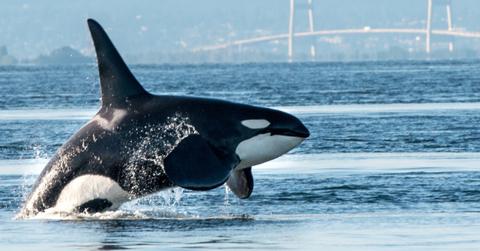
Free Willy has gone rogue, y'all. Orcas, also known as killer whales, have apparently been attacking sailboats in a spooky, coordinated manner along the coasts of Spain and Portugal. There have been several of these attacks and scientists are completely baffled as to why this is happening.
On July 29, a pod of nine orca whales surrounded a 46-foot long boat and rammed the boat for more than an hour, causing the boat to spin around 180 degrees and disabling the engine, reports The Guardian. Victoria Morris, who was crewing the boat, said the attack felt "totally orchestrated." Or should we say... orcastrated?
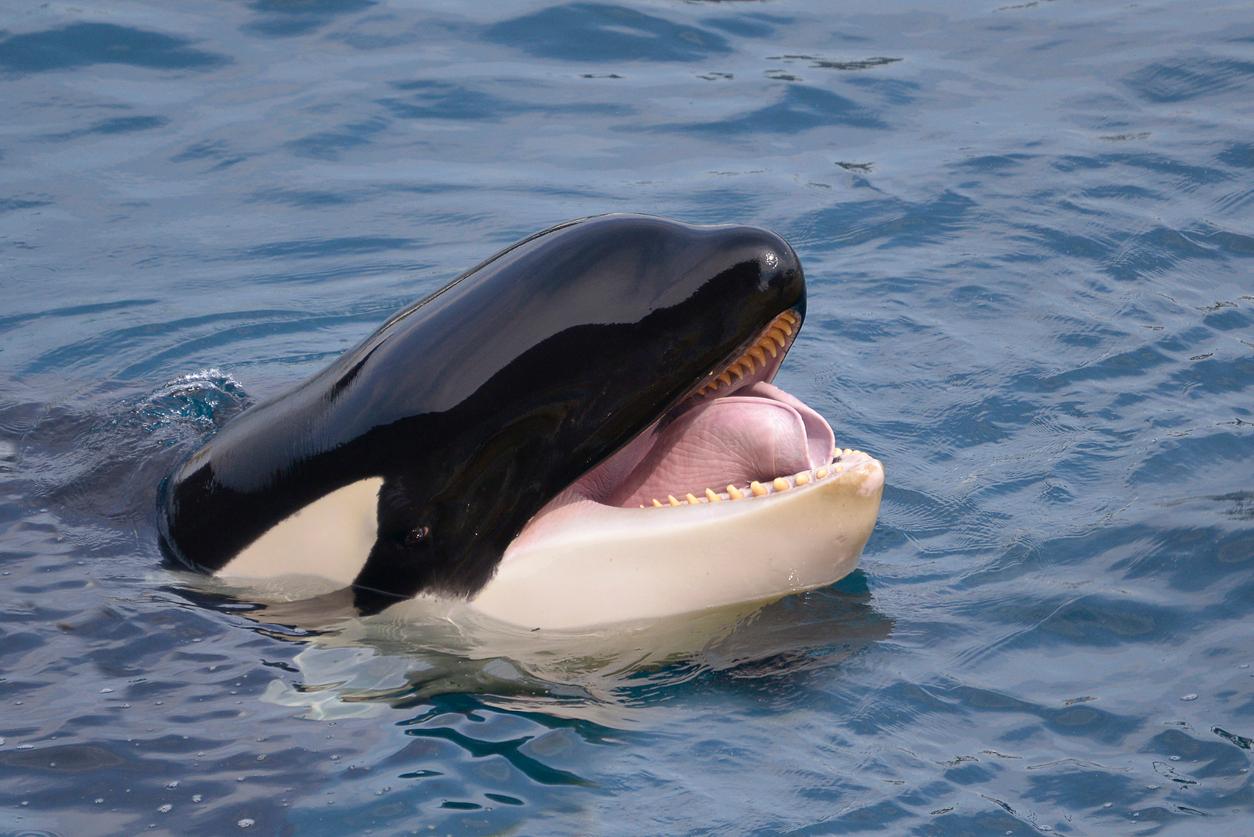
"The noise was really scary," Morris said. "They were ramming the keel, there was this horrible echo, I thought they could capsize the boat. And this deafening noise as they communicated, whistling to each other. It was so loud that we had to shout."
The whales certainly seemed to be organizing this attack against the boat, which lasted for more than an hour. By the time the crew was rescued, the orcas were gone. The boat was towed away, where it was observed that the rudder was missing several layers and that there were teeth marks on the underside.
Six days earlier, four orcas bumped a delivery boat for the same company. Alfonso Gomez-Jordana Martin, who was crewing the boat, said it looked "more like excitement and curiosity than aggression," but the rudder was damaged in the "attack." "Once we were stopped, they came in faster, 10-15 knots, from a distance of about 25m," he said. "The impact tipped the boat sideways."
On the night of July 22, Beverly Harris and her partner, Kevin Large, thought they'd hit a net with their 50-foot boat. It took them a little while to find a light to see, but then they realized it was orcas. Then, they realized their boat was pointing in the opposite direction. Although they tried to correct it several times, the orcas kept spinning them back. "I had this weird sensation, like they were trying to lift the boat," Harris said.
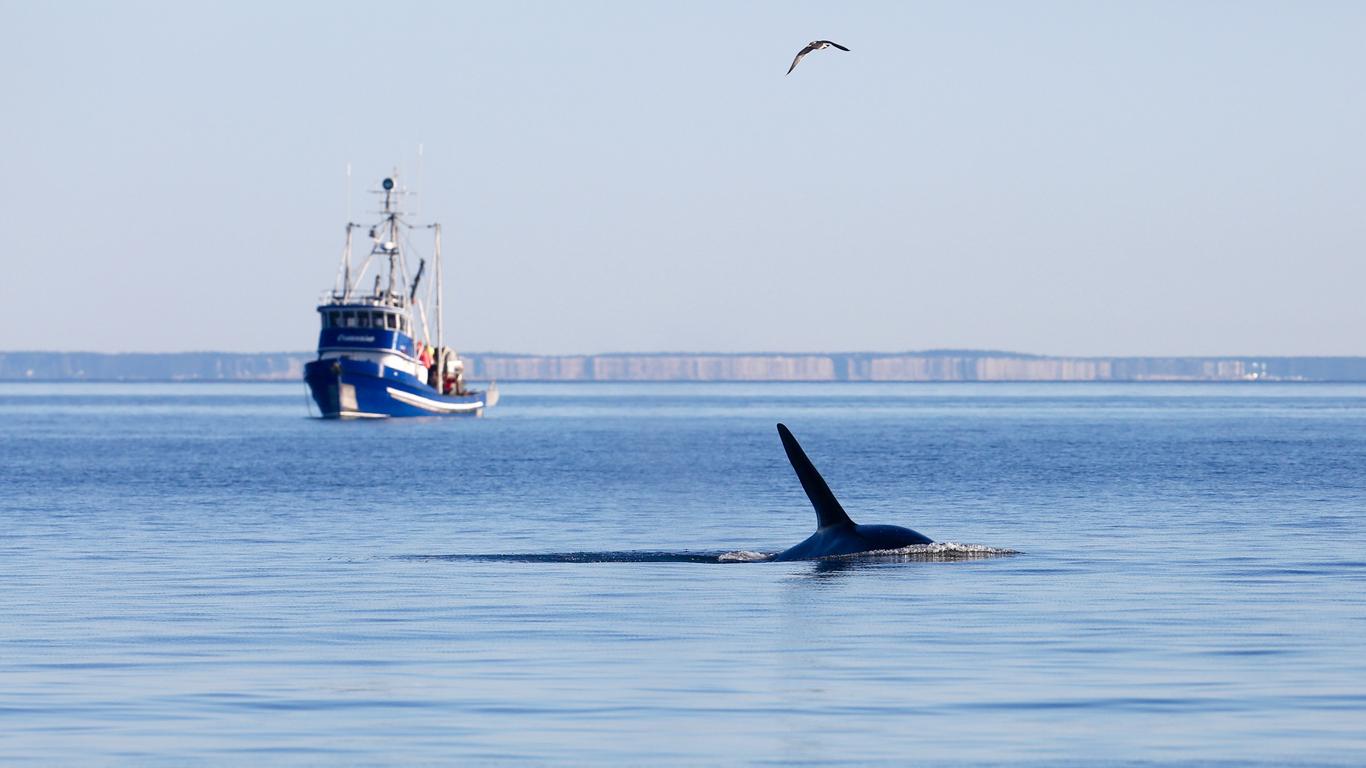
The attacks have been happening with some regularity for two months. In early September, an orca rammed a yacht 15 times, damaging the boat enough that it couldn't make its trip from Spain to the UK. On August 30, another vessel radioed the coastguard to say it was "under attack" from killer whales.
Scientists have no idea why this is happening. Rocío Espada, who has observed this population of orca whales in the Gibraltar Straits for years, said, "For killer whales to take out a piece of fiberglass rudder is crazy. I've seen these orcas grow from babies, I know their life stories, I've never seen or heard of attacks."
She says the repeated ramming indicates stress and thinks that maybe a calf got caught in the rudder of a boat or something. Still, that wouldn't explain the repeated, coordinated attacks for two whole months...that is, unless the whales are enacting revenge of some kind (that one is my very unscientific theory).
Dr. Ruth Esteban says that it is likely that all the attacks are coming from the same pod, though, because such wild behavior from two separate groups would be unlikely. And Ezequiel Andréa Cazalla says that while these are "very strange events," he doesn't think they're "attacks."
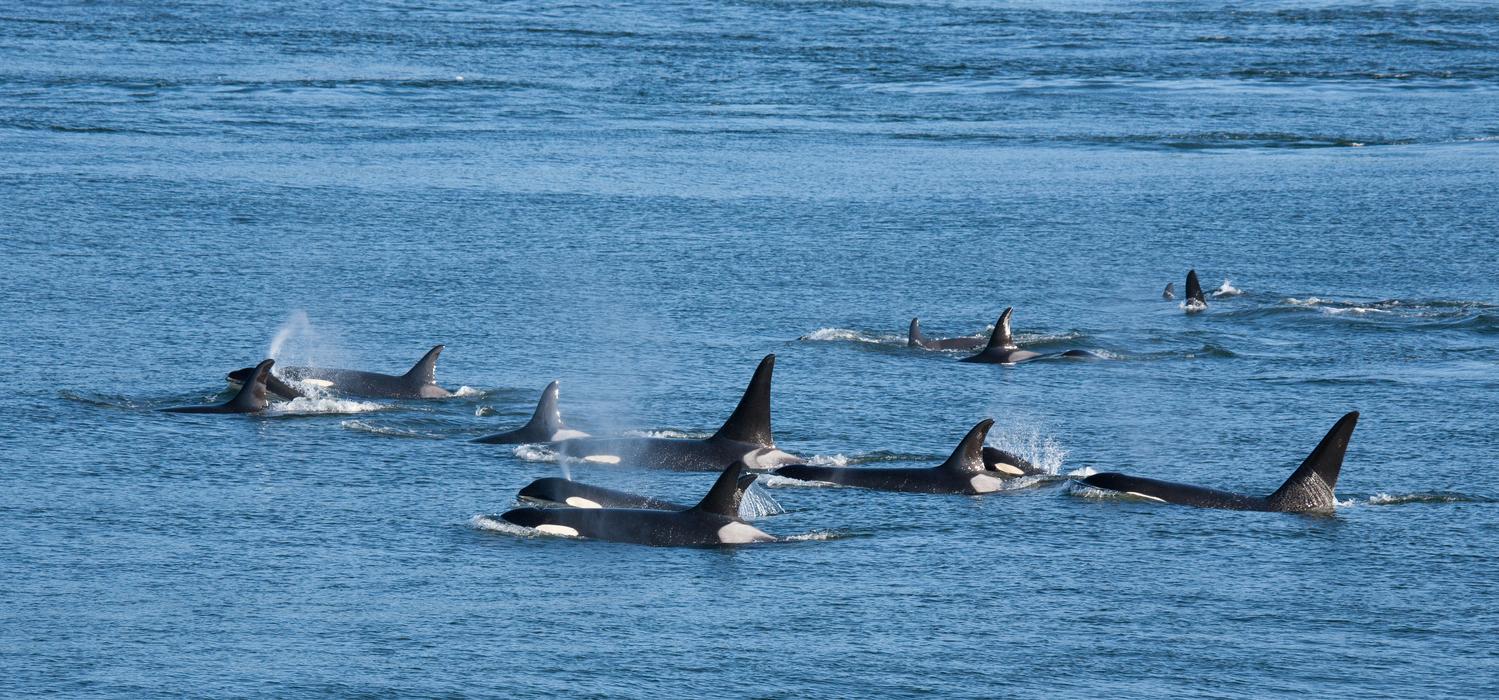
He agrees that something must be stressing them out. But scientists don't know what that is. Orca whales are highly intelligent animals, and though we mostly know them from movies like Free Willy and shows where they're highly trained, like Shamu, these are wild animals, and in the Gibraltar Straits at least, they are endangered.
There are only about 50 of them left in the Gibraltar due to injuries, food scarcity, and pollution. Calves don't often survive. It's a huge shipping route as well as a whale-watching location. Boat operators sometimes chase the animals and harass them to get them to appear.
But the orcas come to this area of water to feed on bluefin tuna, for which they have to compete with humans, who also want the prized fish. The scarcity of the fish coupled with the harmful fish nets have had a negative impact on the orca population in the area.
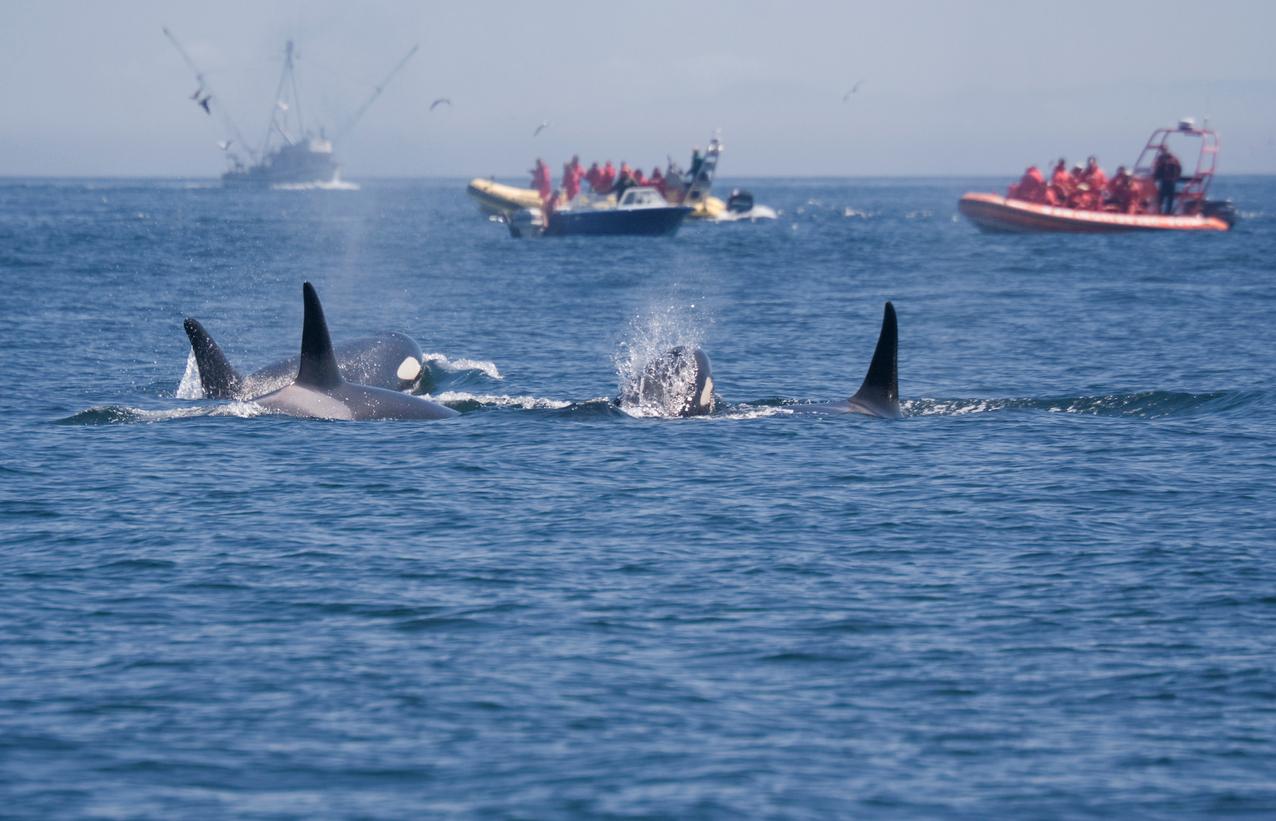
Scientists believe that it could be this combination of stresses, plus the fact that it's been quieter for the past few months due to the COVID-19 pandemic, that have caused the orcas to attack now that boats are back in the water. They had it good for a second there, and then humans came in and ruined it again.
Lori Marino spoke to the ability of orca whales to understand their predicament: "If we are talking about whether killer whales have the wherewithal and the cognitive capacity to intentionally strike out at someone, or to be angry, or to really know what they are doing, I would have to say the answer is yes. They are likely defending a territory or resources."